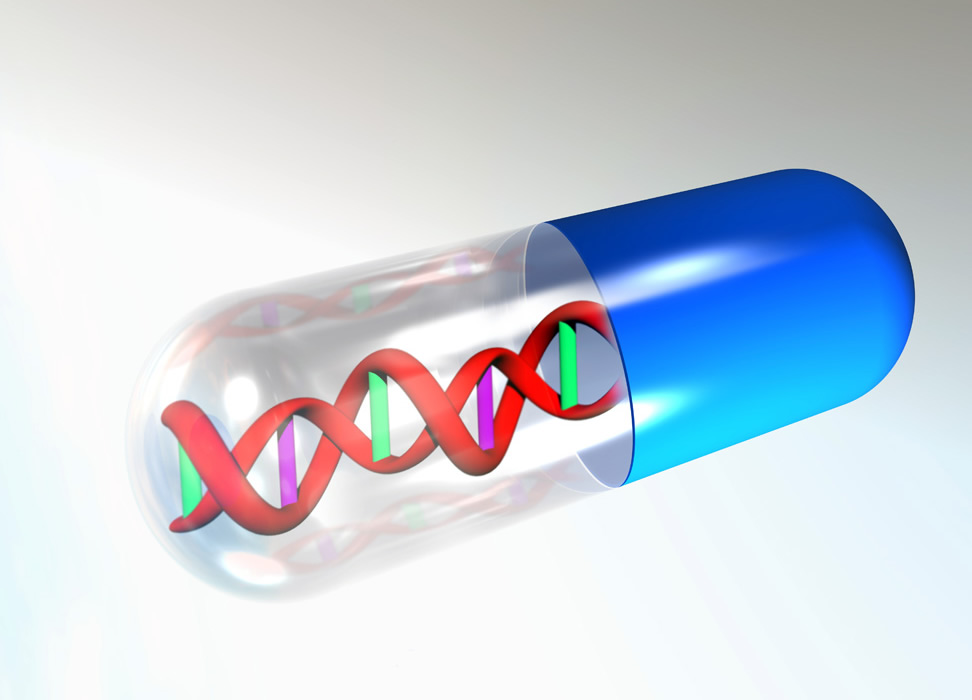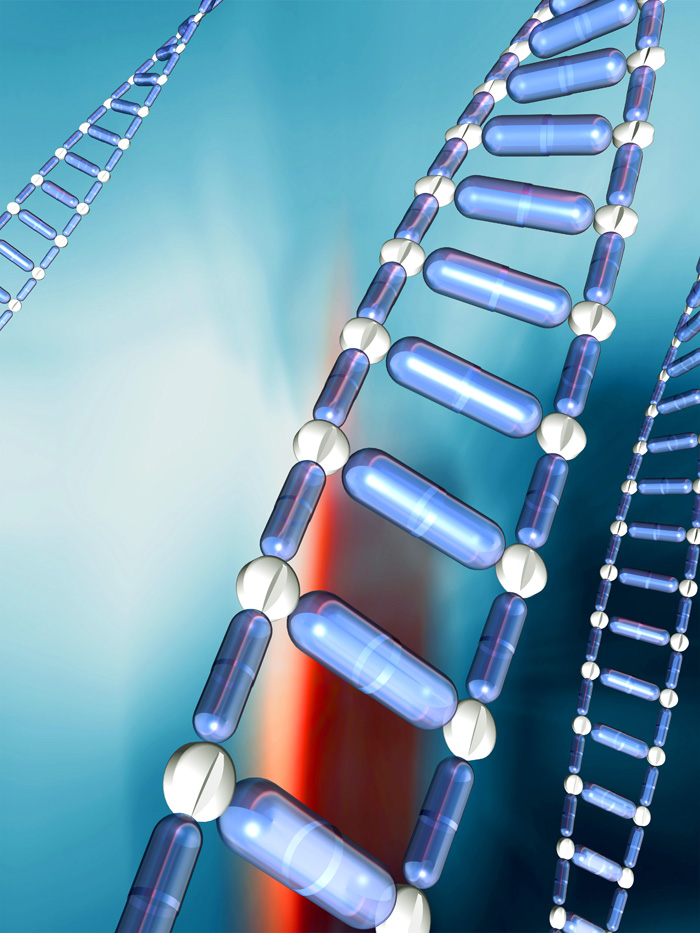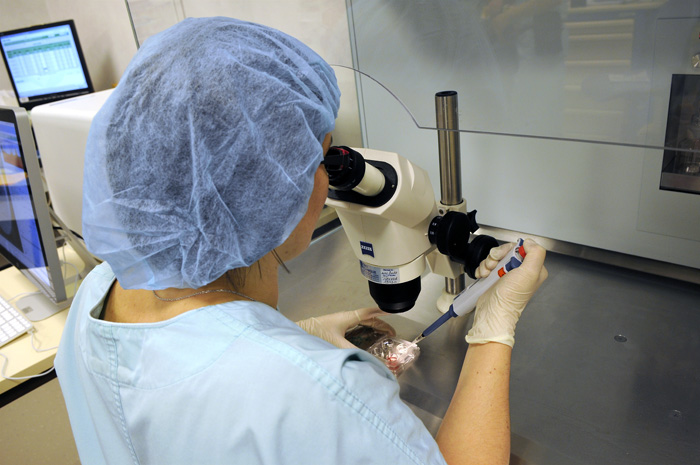Between 2009 and 2015 more than 100 patents of medicines are going to expire (figure 1). Such medicine, according to the Latin American Federation of Pharmaceutical Industry, is elaborated from two active components: one from biological origin extracted from microorganisms, organs, vegetal and animal tissue, and cells or fluids from humans and animals; and the other from biotechnological origin, which means, proteins obtained from chemically or genetically modified cells.
For this reason, the National Council of Economic and Social Policy (Conpes) approved the Bioprospecting, a tool to supervise the sustainable use of genetic and biological resources, which cost close to 27 thousand million pesos and will come into force in 2012.
With such control scientists aim at accelerating the process of locating and studying molecules and genes for the elaboration of biopharmaceuticals that are inexistent in the country. The exhaustion of these patens implies a multimillionaire drop in the income of the main laboratories, but at the same time represents a big opportunity for manufacturers of new medicine.
Limited access
One of the molecules whose patent is going to expire in the next months is the anti-TNF, a substance used to counter the symptoms of rheumatoid arthritis. In the market it is found under the name of Remicade, and it is produced by Schering-Plough lab, which also offers treatments for diseases related to allergy and respiratory complications, among others.
Remicade is not freely sold, thus it is not available in any pharmacy. Its presentation includes just one ampoule that costs 1,999,300 pesos in the Colombian market.
Gerardo Quintana, a rheumatologist from Universidad Nacional de Colombia, asserted that this medicine recommended to patients that do not respond properly to conventional medicine. "Remicade prevents erosions and reduction in the joint space. Its efficiency in patients with rheumatoid arthritis with less than three years of evolution is of 97%," asserted the specialist.
The expensive Remicade is not covered by the Compulsory Subsidized Health Plan (POS), However, an action for protection is not necessary, as in the case of HIV, for getting access to it.
"It is given to the patient after a medical council proves the existence of the disease and then the POS approves it," asserted Quintana.
Patents and recombinant drugs
The advancements in genetics and molecular biology have allowed the creation of biotechnological medicine that, as previously mentioned, are obtained from microorganisms, cells, animals, plats, among other genetically modified living beings. Its complexity goes from simple proteins, such as insulin, to big molecules.
Protein molecules have a specific sequence of amino acids that determine the characteristics of a drug. María Teresa Reguero, a Pharmaceutical chemist from Universidad Nacional de Colombia, explains that proteins (carbon, hydrogen, oxygen, and nitrogen) are similar to a building, and amino acids are the bricks that sustain them. Therefore, in biopharmaceuticals, the expression biosimilar medicine is used instead of generic medicine, since their compounds are proteins.
The expert asserted that when the protein is extracted from the living organism, it is normal that other proteins come with it; something called impurities, which can alter its function. What would happen to a diabetic patient who has to use insulin every days and his or her biosimilar medicine has a different structure"
"If the new medicine does not have the same sequence, its structure would be different and therefore would produce secondary effects and even death. Biopharmaceuticals are used over long periods of time and can produce immunogenicity, that means, creating antibodies," mentioned Reguero.
The pharmaceutical industries that create these products protect them with patents. In Colombia, such exclusive production rights last between 18 and 20 years. But when such patents expire, other laboratory can produce the same compound and compete for its sale in the market. As a consequence, the second molecule to be commercialized must prove that it does not have any strange compound or different to the protein itself.
The entity in charge of checking that labs fulfill the requirements is the National Institute for Drug and Food Surveillance (Invima), which determines if the second molecule can be approved as a biocompetitor medicine. On the contrary, the manufacturer has to explain the reasons of the differences and the implications for the patients.
No clear policy
Until now, new biopharmaceuticals are registered as new products and not as biosimilar medicine. Laboratories provide Invima all the clinical and preclinical information in order to ensure their quality under Decree 677 of 1995, which includes all the data to provide for medicine registration and commercialization. "However, biopharmaceuticals require an independent policy that has not been created so far. That is the objective of the Compes document that aims at creating a special chapter within the decree dedicated to biopharmaceuticals," asserted Reguero.
Julio Delgado, from the Generation Bio Foundation and coauthor of the decree that regulates the production of biotechnological drugs in Colombia, indicates that this type of drugs are the most expensive in the market and are responsible of most of the medicine recoveries to Fosyga. "Just in 2008, six of the ten most recovered belonged to this category, as it is shown in the data of the Information System on Drug Prices (figure 2)," asserted the expert.
According to international studies, once the patent on a medicine expires, the cost of this medicine reduces even 30%. The biggest pharmaceutical labs are located in USA and Europe, although some emerging countries such as China, India, Corea and Brazil have already started a participation in this field.
 Correo Electrónico
Correo Electrónico
 DNINFOA - SIA
DNINFOA - SIA
 Bibliotecas
Bibliotecas
 Convocatorias
Convocatorias
 Identidad UNAL
Identidad UNAL





